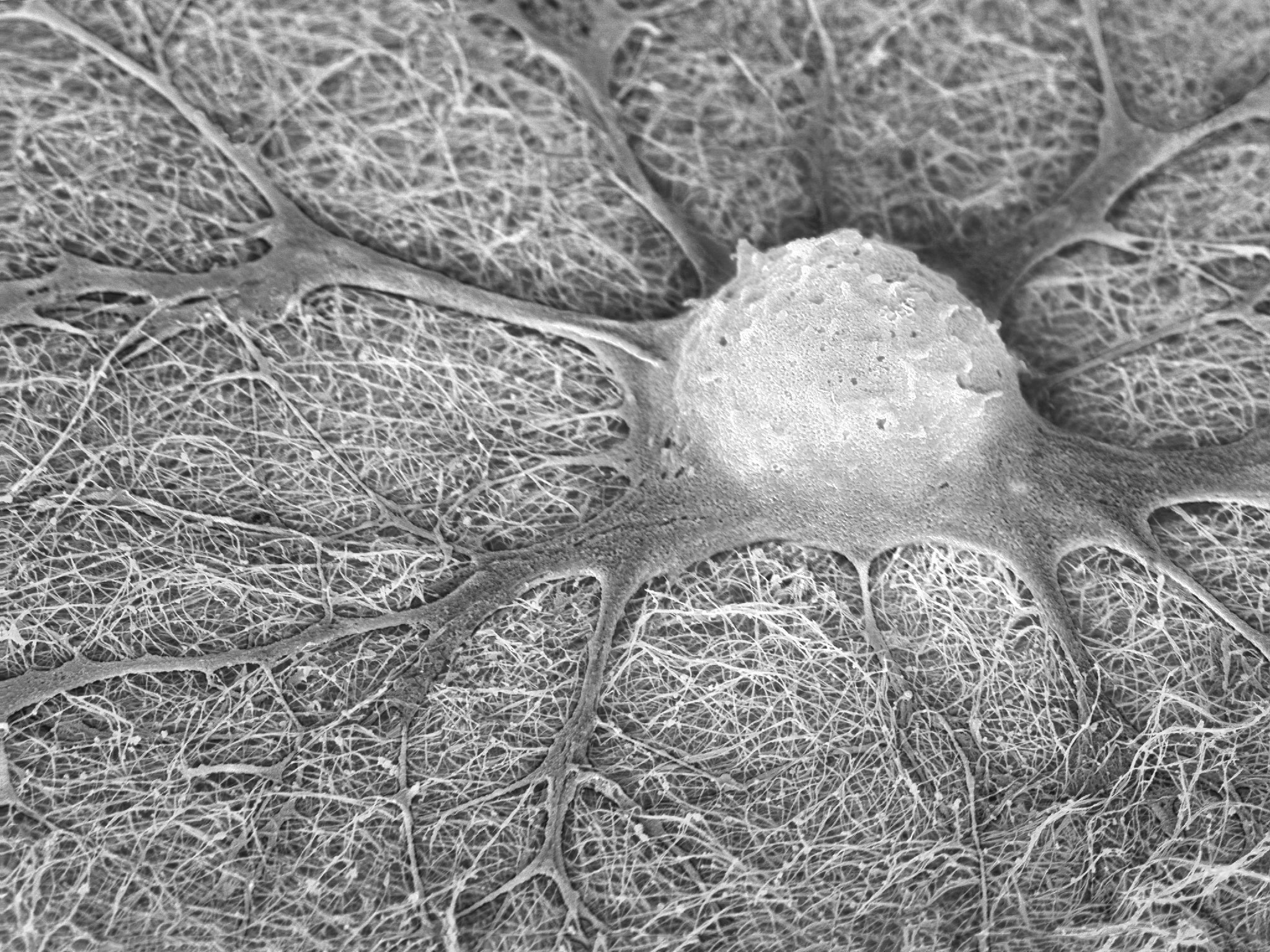ISSCR News

Registration and Abstract Submission Are Open For ISSCR 2026 in Montréal 8-11 July
The International Society for Stem Cell Research (ISSCR) has opened registration and abstract submission for the ISSCR 2026 Annual Meeting, taking place 8-11 July 2026 in Montréal, Canada. The Global Stem Cell Event will bring together academic and industry leaders driving progress in stem cell science and regenerative medicine.
STEMCELL Technologies will co-sponsor the hallmark event, continuing a valued collaboration that underscores the importance of partnership between science and industry in advancing the field.

ISSCR Guide To Stem Cell Treatments Now Available in Brazilian Portuguese
The ISSCR is now pleased to make the Guide to Stem Cell Treatments available in Brazilian Portuguese. The comprehensive resource is designed to empower patients, advocates, healthcare providers, friends, and family members with the necessary information to make well-informed decisions regarding stem cell treatments, alongside their primary care physicians or specialists.

Professor Brings Global Stem Cell Medicine Course to PhD Scholars in Pakistan
Dr. Asmat Salim, a faculty member at the University of Karachi, recently adapted the ISSCR’s continuing education course, Stem Cell Medicine: From Scientific Research to Patient Care, into a three-week interactive program for 34 Ph.D. students. Combining lectures, discussions, quizzes, and student presentations, the course provides a strong foundation in stem cell medicine while fostering critical thinking and collaboration.
Students described the program as “highly informative, engaging, and inspiring,” highlighting that it opened new research directions and offered “valuable insights into how stem cells hold potential for treating diseases.”

The ISSCR Announces AI & Digital Biology Symposium Poster Award Winners
Four early career scientists were recognized for their outstanding poster presentations at the AI & Digital Biology Symposium in Seattle, USA held 9-10 October.

Receive ISSCR Press Releases
Sign up be a part of ISSCR’s media list. Media Contact: Kym Kilbourne, Director of Media and Strategic Communications
Subscribe to ISSCR News.
Each month, ISSCR delivers scientific, policy, and community to your inbox .

